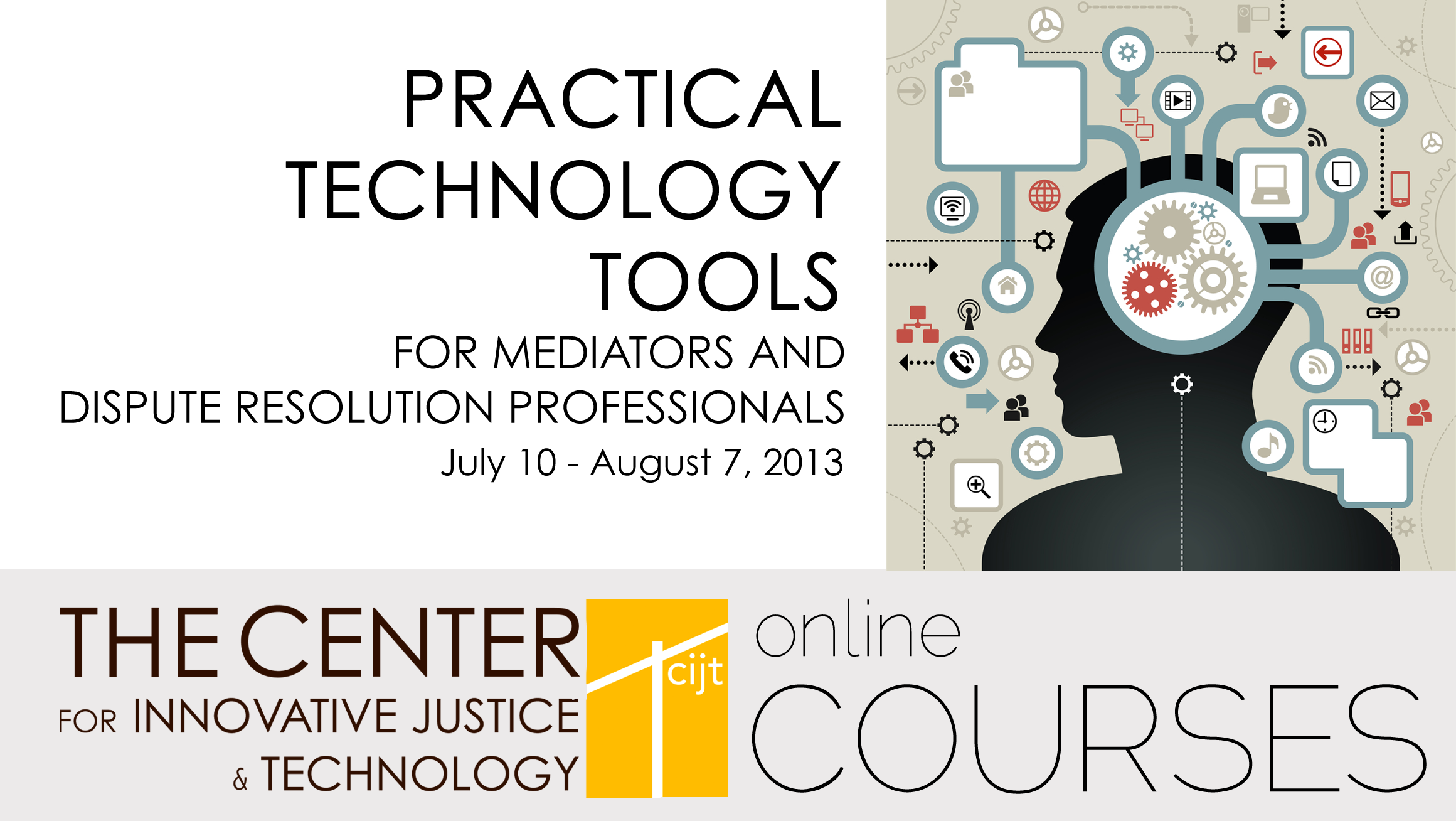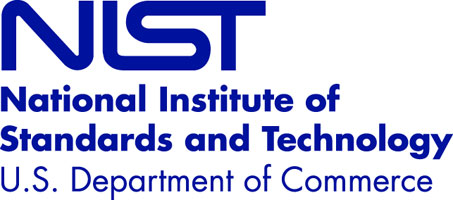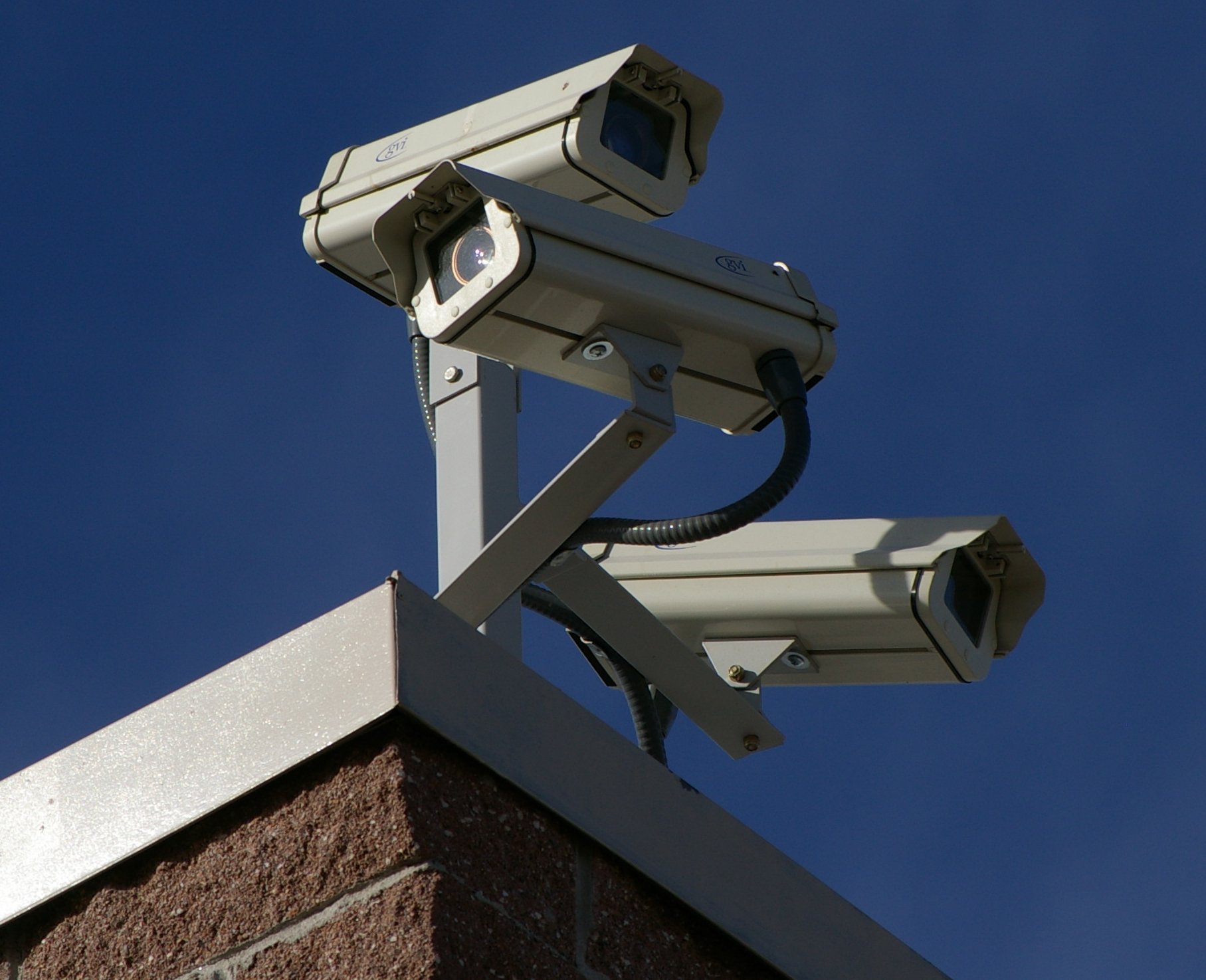As Americans are becoming more privacy conscious over what they voluntarily make available on the internet, a new and exciting product from Google may pose a significant risk in the form of traditional snooping. Google Glass is essentially a futuristic pair of glasses which provide a heads-up display to the wearer, allowing them to view a wealth of information hands-free. Privacy concerns arise from the integrated photo/video camera, which can record both video and audio at any time, and without giving any sort of external indication that it is doing so.
Google has stated that they are conscious of the privacy concerns, and are attempting to build in ways to prevent unauthorized snooping. However, just as cell phones can be jail-broken, tech enthusiasts will likely be able to modify their devices to circumvent any sort of protections which Google would build into the device. Essentially, this means that anyone could be under surveillance from private individuals at any time, and be totally unaware of it.
While such snooping would in many circumstances still be illegal, were Google Glass to become common, it may become difficult or impossible to properly police this surveillance, and would easy fodder for abuse. Clearly, there needs to be a greater dialogue on the issue before the technology can be widely disbursed.
Image provided by techradar.com


 Daniel Rainey is one of the leading ODR educators and practitioners in the world. Working with the University of Massachusetts at Amherst, he was one of the first instructors to teach a university ODR course, and has since developed graduate level ODR courses for several universities and dispute resolution centers. He has designed ADR and ODR systems for numerous organizations.
Daniel Rainey is one of the leading ODR educators and practitioners in the world. Working with the University of Massachusetts at Amherst, he was one of the first instructors to teach a university ODR course, and has since developed graduate level ODR courses for several universities and dispute resolution centers. He has designed ADR and ODR systems for numerous organizations.


